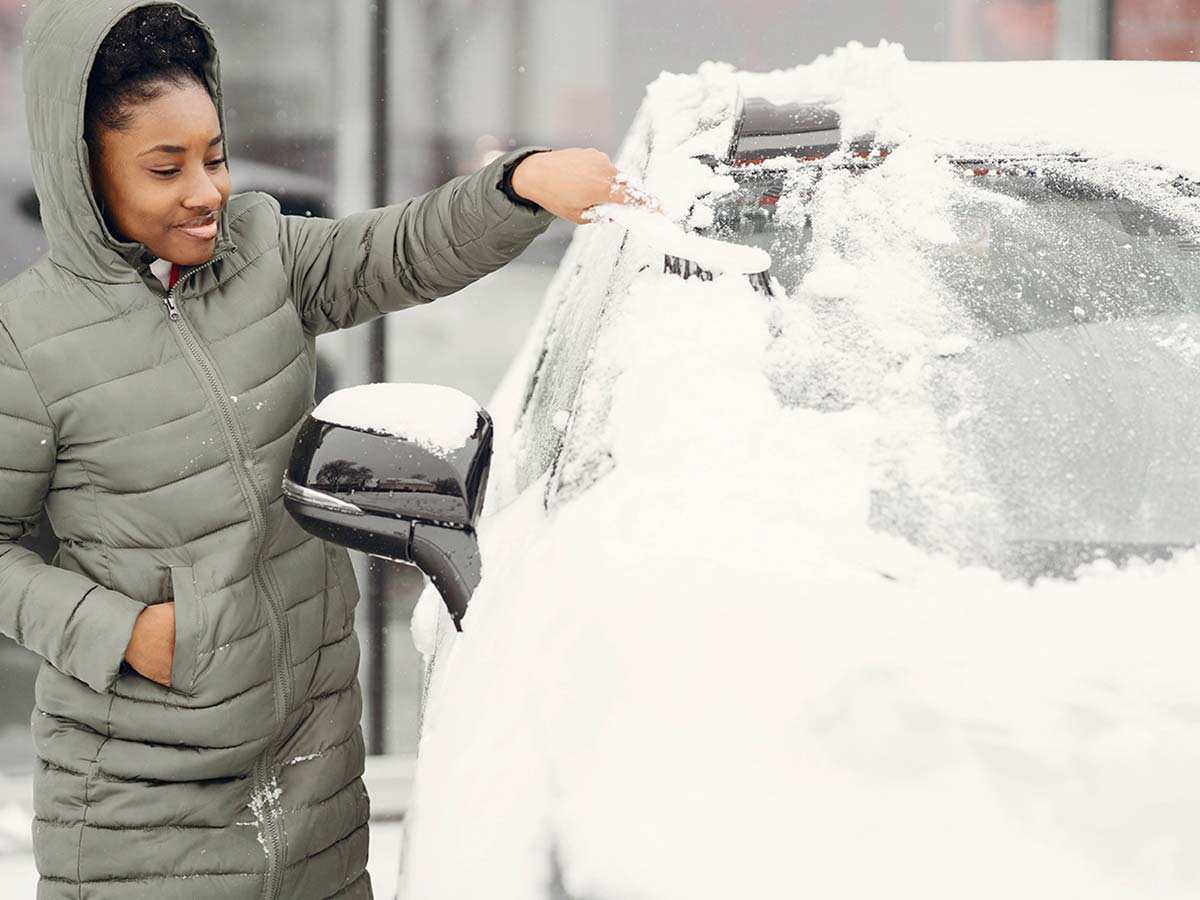

Your browser settings have cookies disabled. Some features of the site are not available or will not work correctly without cookies. To do so, refer to the help section of your Web browser.
Your province
If you’re insured with a local Desjardins Agent, log in to My Account.
Choose this option if you know your Agent by name, and they have an office in your local area.
If you’re insured with us directly, log in to your Online Services account.
Choose this option if you contact us by phone, and you usually speak to different insurance advisors when you call.
November 30, 2022

Driving when you’re impaired by alcohol, drugs, or fatigue can have serious human and financial consequences. Even if you think you’re OK to drive—it just isn’t worth the risk!
Impaired driving remains the most significant criminal cause of death in Canada1. In 2019, the Canadian police services reported over 85,000 cases of impaired driving incidents, making it the highest rate in almost 10 years.2
Impaired driving awareness campaigns are key to address public perceptions and help keep our roads safer. That’s why programs like arrive alive DRIVE SOBER® work tirelessly to educate the population and help implement programs to eradicate impaired driving.
Impaired-related collisions can cause considerable property damage. Further, they can cause irreparable harm to both people and their families.
But even when nobody is killed or injured in a collision, an alcohol-impaired driving conviction can have life-altering impacts.
It’s also important to note that drug-impaired drivers face the same types of penalties as drunk drivers: loss of licence, fine and fees, a criminal record, and, in some cases, jail time.3
For this to be true, you’d need to metabolize alcohol faster than the average person. A bottle of 5% beer will produce a blood-alcohol level of about 22 mg/100 ml for a 190 lb man and about 33 mg/100 ml for a 150 lb woman.4 Most people can metabolize about 15 mg/100 ml of alcohol per hour.5 Also, your blood alcohol will continue to increase after your last drink, reaching its peak about an hour later.
arrive alive DRIVE SOBER® reminds us that prevention is the key. To avoid the risks of driving while impaired, they recommend planning ahead for a safe ride home. Once you are impaired, it’s too late to be thinking clearly and making these important decisions.
Having a designated driver, using public transit, staying overnight, taking a taxi, or calling a friend or loved one are all options you may want to consider.
Want to find out more? Visit the Drug-Impaired Driving Learning Centre.
Notes:
1. https://www.justice.gc.ca/eng/cj-jp/sidl-rlcfa/
2. https://www150.statcan.gc.ca/n1/daily-quotidien/210715/dq210715c-eng.htm
3. https://www.justice.gc.ca/eng/cj-jp/sidl-rlcfa/
4. https://www.educalcool.qc.ca/en/tools/calcoholator/
5. https://www.educalcool.qc.ca/en/info/driving/drinking-driving-making-the-right-choice/
These tips are provided for information and prevention purposes only. They are general in nature, and Desjardins Insurance cannot be held liable for them. We recommend using caution and consulting an expert for comprehensive, tailored advice.
Desjardins Insurance refers to Certas Home and Auto Insurance Company, underwriter of automobile and property insurance or Desjardins Financial Security Life Assurance Company, underwriter of life insurance and living benefits products.


